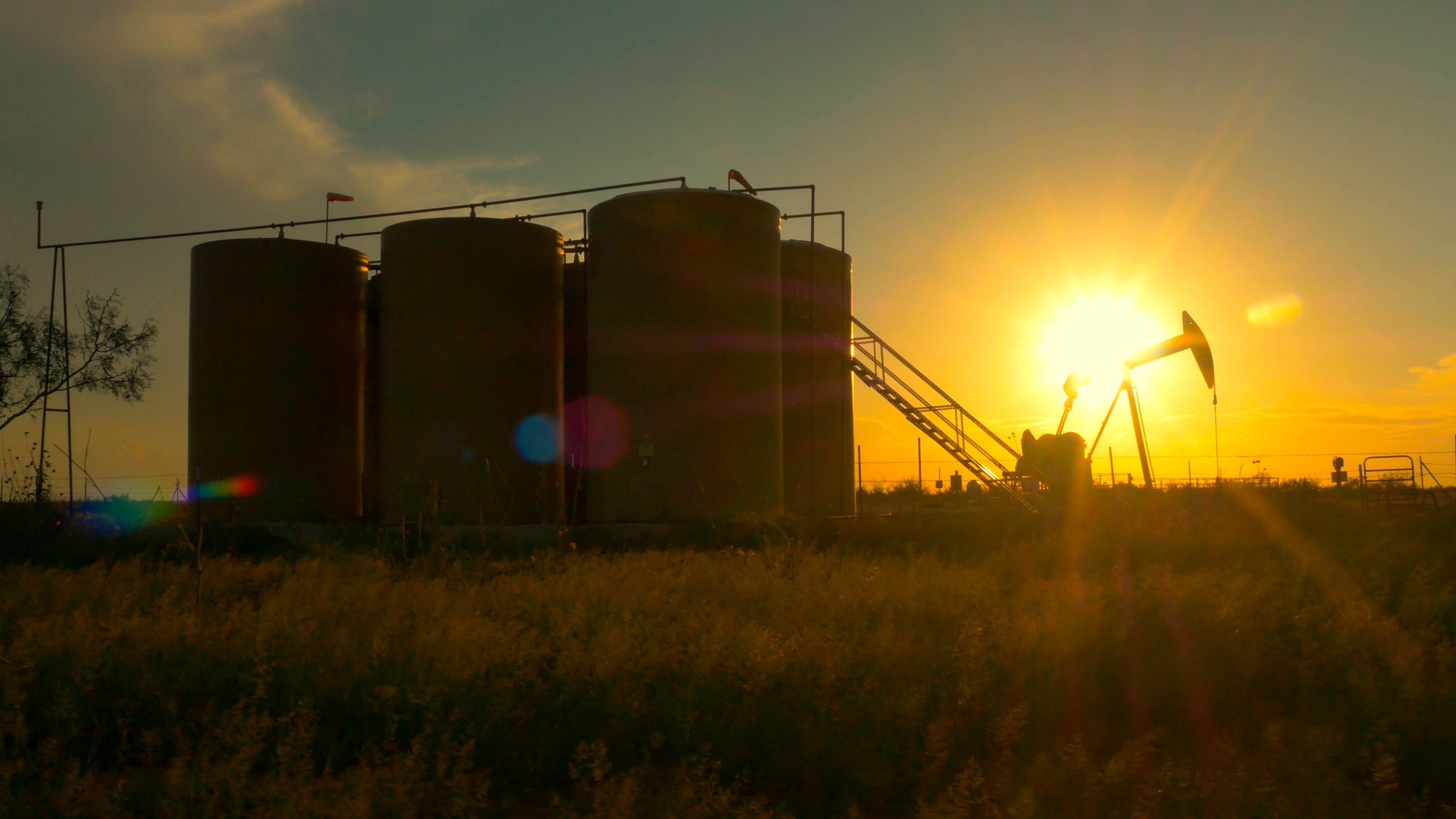If collaborating with the disputed Falkland Islands' government wasn't adventurous enough, Noble Energy (NBL +0.00%) has been working with Nicaraguans to drill and explore in disputed territories yet again. Noble recently announced that it would invest $30 million to drill at Tyra and Isabel blocks, which may attract the attention of Colombia and Costa Rica. Both Colombia and Costa Rica have territorial disputes with Nicaragua that may affect the prospects of oil majors that choose to explore, drill, and operate in those disputed waters.
I will elaborate on five scenarios that currently affect Noble Energy and its prospects in Nicaragua.
1. Nicaragua has a large, oil-rich maritime territory
Nicaragua has divided an area of more than 68,500 square kilometers into 150 blocks. These contested blocks will be offered to oil majors for drilling and exploration. Noble Energy already has access to two major blocks in Nicaraguan waters, namely Tyra and Isabel. It makes sense for Noble Energy to warm up to the Nicaraguan government, when potentially several dozens of blocks may be available for it to purchase.
2. Noble Energy is no stranger to territorial disputes in countries where it operates
Noble Energy is accustomed to working in disputed waters, quite literally. It purchased large areas for exploration and drilling at Falkland Islands, a region in the Southern Atlantic that is claimed by Argentina as well. Britain and Argentina entered into conflict in 1982 over this territory. Though Argentina may create problems in the future, Noble has the backing of Great Britain now. Clearly, Noble may be adventurous, but it also engages in such adventurous activities only when it has the backing of powerful friends .
3. Noble has a strong legal advantage
The International Court of Justice ruled in favor of Nicaragua with respect to the San Andres islands. Colombia pulled out of ICJ in protest over the decision . As Colombia does not recognize ICJ's jurisdiction over the disputed area, it is quite possible that Noble will be embroiled in an international dispute, though legally it has the upper hand. However, this ultimately should not matter as the decisions of the International Court of Justice are usually binding in nature.
4. Army protection is guaranteed for Noble's activities in Nicaragua
The Nicaraguan Army has promised to protect the interests of Noble in the Caribbean Sea. When Noble begins to drill and explore on the assigned platforms, the Nicaraguan Army will engage in monitoring and surveillance activities to ensure that the company's interests and assets are protected.
5. Drilling and exploration have already begun
Noble's Ocean Saratoga rig arrived in Nicaragua a couple of weeks ago and will help the company to drill for 90 days. Commercial potential of the area will be assessed after 90 days. The rig is currently stationed at the Paraiso Sur (PS1) well, which is located in an autonomous region claimed by the governments of Costa Rica and Colombia. The International Court of Justice's decision should protect Noble Energy from any lawsuits originating from Colombia or Costa Rica.
Noble's numbers look good
With a market cap of $22 billion and an enterprise value of $25.44 billion, Noble Energy is a very large company. Its PEG ratio of 1.42 suggests it is walking in the overvalued territory. However, it is highly profitable, with a profit margin of 26.04% and an operating margin of 27%.
Moreover, there are chances that the company's dividends in the future will increase. The company's assets include several oil fields that are yet to be monetized, such as those in Nicaragua and the Falkland Islands. In the long term, these oil fields have immense potential, whether in terms of actual commercial energy or by way of divesting them.
Noble has a formidable presence in Nicaragua
Chevron (CVX +3.15%), one of Noble's larger competitors pulled out of Nicaragua as far back as 2010. In fact, it pulled out of most Central American countries in 2010 . Chevron is trapped in an environmental case in Ecuador that may force it to cough up billions of dollars. In August, Ricardo Patino, Foreign Affairs Minister of Nicaragua and Daniel Ortega, the president of Nicaragua, took Ecuador's side on a visit to that country.
Similarly, ExxonMobil (XOM +0.63%) has had an unstable history in Nicaragua. The company sold its assets to Puma Energy in 2012. ExxonMobil refused to refine oil from Venezuela, a country that is cordial with Nicaragua. This contentious situation led to a tiff between Ortega and the executives at ExxonMobil. With Chevron and ExxonMobil not in the Nicaraguan picture, Noble Energy remains the sole big oil company in that region. This makes the company more attractive to those who are not fazed by minor setbacks.
Conclusion
At a glance, it does seem like Noble has chosen unconventional locations to drill and explore, and that this may cause problems in the future. On a closer look though, these choices are well planned and potentially highly profitable. The wells and fields in Nicaragua may significantly boost Noble's income and help the company to consolidate its position in a region that is rich in oil but with very few large competitors. Noble is a good investment option for those who are willing to do their homework and read a little about Latin American geopolitics.








